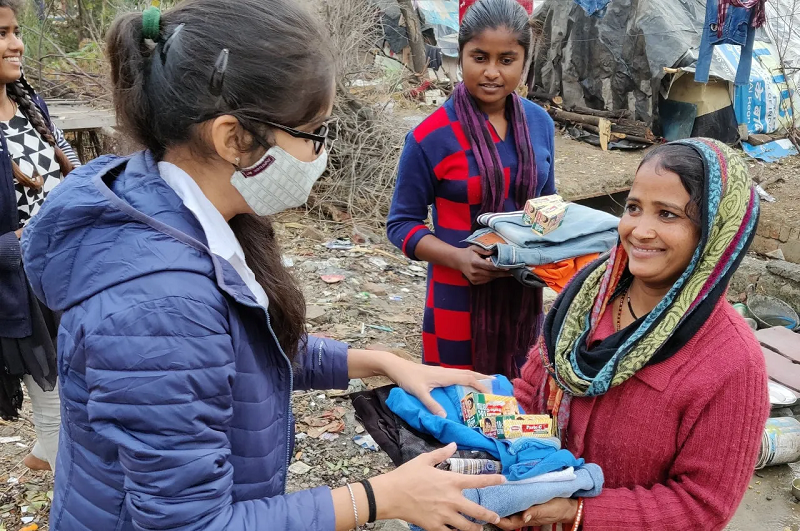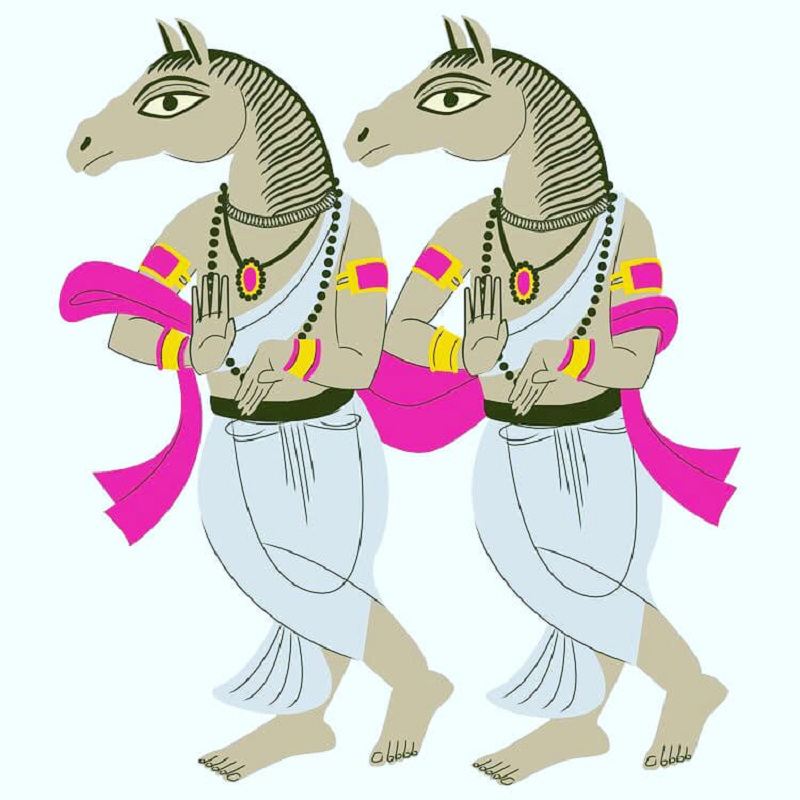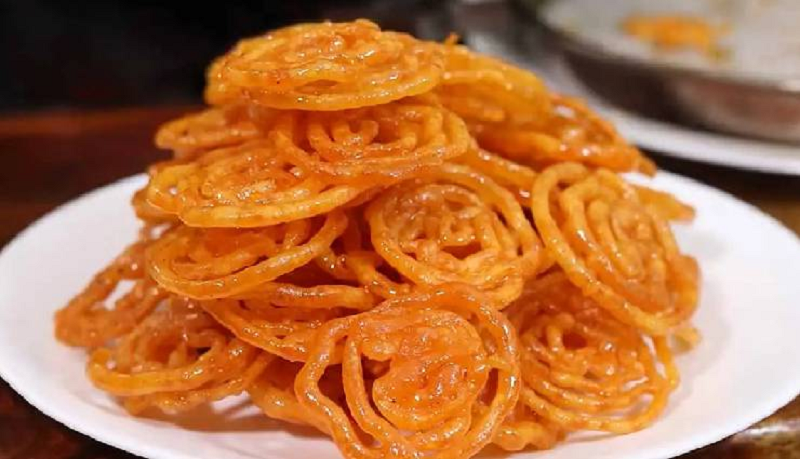Drinking nutrition-rich milk is essential for our bones and muscles. It is believed that drinking milk gives us calcium, which is essential for our bones. Apart from this, many benefits of milk are also counted. But today we will not know the benefits of drinking milk, but why it is boiled.

As soon as the packet of milk comes home, the first thing we do is boil it. Have you ever wondered why this is done or why it is necessary to do so? After boiling milk, its nutritional value also changes and it is said that the minerals and vitamins of boiled milk get destroyed. There is also a difference between raw milk and pasteurized milk. What is this difference and why is it necessary to boil milk, let us know.
What is the difference between raw and pasteurized milk?
We get raw milk from the dairy. We get a direct cow and buffalo milk here. It is said that bacteria are present in such milk, so it is necessary to boil it. Boiling milk can remove the bacteria present in it.
On the other hand, we get pasteurized milk in packets and it reaches us after passing through many levels of processing. After the pasteurization process, the bacteria and other organisms in the milk are removed, making it safe to drink. However, we heat this packaged milk as well.
Why is it necessary to boil milk?
A study by the National Center for Biotechnology Information states that cow's milk should be boiled at a temperature of 95°C. This means that if you are adding it to a recipe that is to be cooked further, it will reach boiling point during the cooking process itself. As we told you that boiling milk kills the bacteria present in it and helps protect against foodborne diseases.
In America, milk is required to be pasteurized. This does not mean that it is always boiled, but that it is heated for 15 seconds at a high enough temperature, which is 71.7°C, to kill any harmful pathogens. Thus, you do not need to boil milk for safety reasons, unless it is raw, unpasteurized milk.
These changes occur in the nutrition level of boiled milk
It is believed that boiling milk reduces the nutritional level of milk. While raw milk kills bacteria, it also reduces the level of whey protein significantly.
About 80% of the protein in milk is from casein, while whey is about 20%. The casein in milk remains fairly stable even when heated to the boiling point. However, heating the whey protein changes its structure before the milk reaches its boiling point.
The primary carbohydrate in milk is lactose and it is sensitive to heat. When you boil milk, some of the lactose turns into an indigestible sugar called lactulose and other compounds.
If you are taking raw milk, then definitely boil it, but packet milk should not be heated for more than 10 minutes. Whenever you use it, heat the milk just a few minutes before
Image Credit: Freepik










